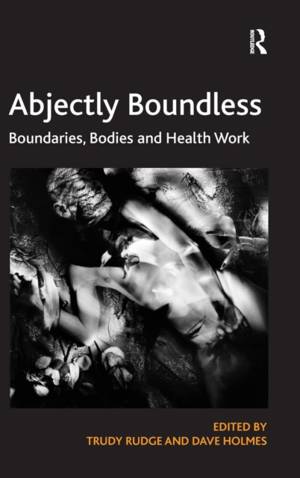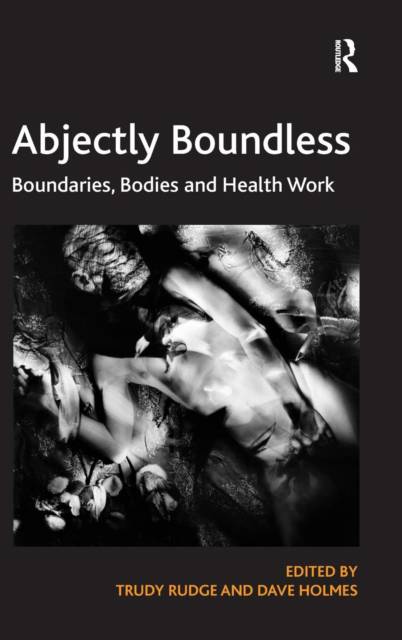
Je cadeautjes zeker op tijd in huis hebben voor de feestdagen? Kom langs in onze winkels en vind het perfecte geschenk!
- Afhalen na 1 uur in een winkel met voorraad
- Gratis thuislevering in België vanaf € 30
- Ruim aanbod met 7 miljoen producten
Je cadeautjes zeker op tijd in huis hebben voor de feestdagen? Kom langs in onze winkels en vind het perfecte geschenk!
- Afhalen na 1 uur in een winkel met voorraad
- Gratis thuislevering in België vanaf € 30
- Ruim aanbod met 7 miljoen producten
Zoeken
€ 320,95
+ 641 punten
Uitvoering
Omschrijving
Within a variety of practice environments, health professionals often experience feelings of disgust and repulsion towards the presence of an abject object. Cadaverous, sick, disabled bodies, troubled minds, wounds, vomit and so forth are all part of health and care work and threaten the clean and proper bodies of those who undertake it, yet this 'unclean' side of health work is rarely accounted for in academic literature. This volume employs the work of Julia Kristeva through a range of case studies drawn from care and nursing settings around the world. It brings together work from researchers and practitioners within the social and health sciences, the caring professions and psychotherapy, to expose and highlight the important impact of the concept of abjection, which historically has been silenced in the health sciences.
Specificaties
Betrokkenen
- Auteur(s):
- Uitgeverij:
Inhoud
- Aantal bladzijden:
- 304
- Taal:
- Engels
Eigenschappen
- Productcode (EAN):
- 9780754679103
- Verschijningsdatum:
- 28/02/2010
- Uitvoering:
- Hardcover
- Formaat:
- Genaaid
- Afmetingen:
- 156 mm x 234 mm
- Gewicht:
- 603 g

Alleen bij Standaard Boekhandel
+ 641 punten op je klantenkaart van Standaard Boekhandel
Beoordelingen
We publiceren alleen reviews die voldoen aan de voorwaarden voor reviews. Bekijk onze voorwaarden voor reviews.









